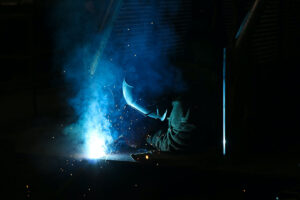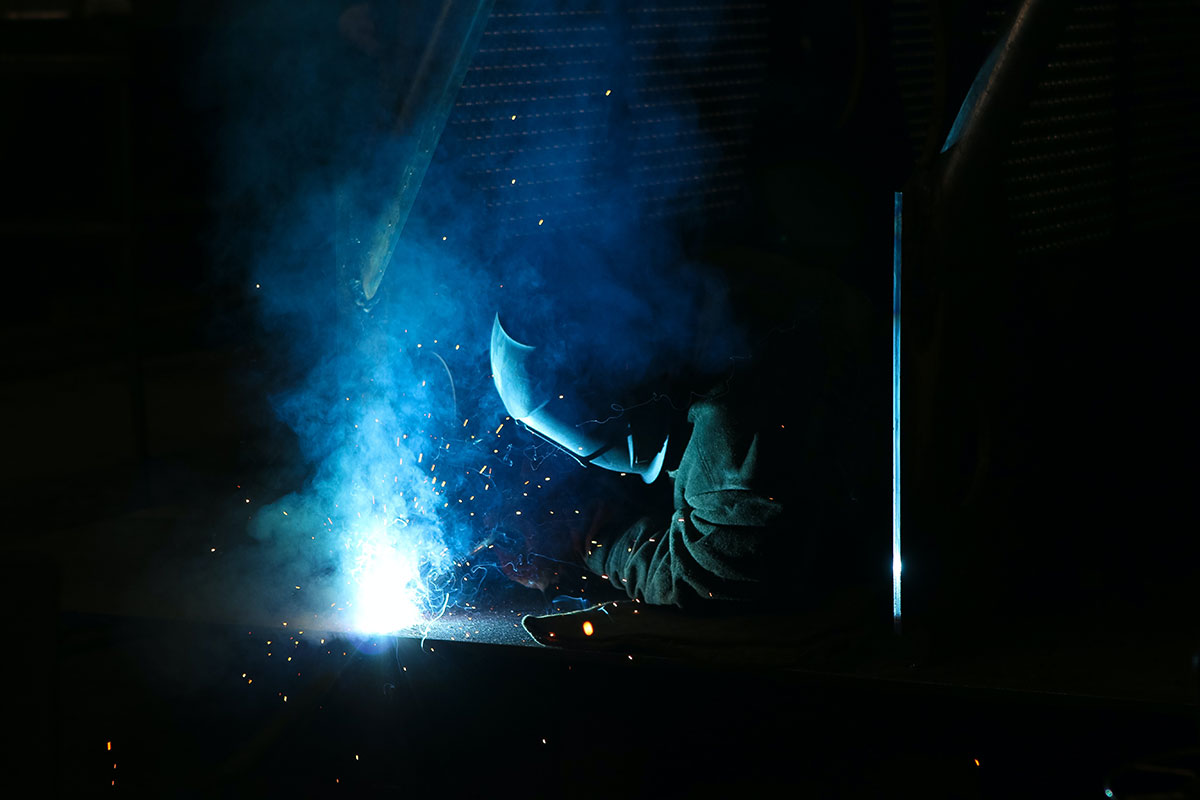Disclaimer: The information on our website is provided for general information purposes only. We make no representations or warranties of any kind, express or implied, about the completeness, accuracy, reliability, suitability or availability with respect to the website or the information contained on our website for any purpose. Any reliance on such information is therefore strictly at your own risk and we are not liable for any damages or losses arising out of or resulting from your reliance on any information contained on our website.
A boilermaker is a trained tradesperson that assembles, installs, maintains, and repairs boilers, tanks, and vats. These devices take hot water or other fluids, like gases, that can be under extreme pressure, and generates electric power and provide heat. They may work in dangerous situations, such as heights, and travel for an extended time. This job can have seasonal hours and in uncomfortable weather conditions. If you enjoy a physical job and working with your hands, this may be your job!
Benefits of a Boilermaker
Our article has informed you about what a boilermaker is and what they do, so it is a good career selection for those who like to work hands-on with a steady job. We want to give you further information about the benefits, so please stay with us and continue to read!
Boilermakers enjoy numerous advantages in their careers such as offer attractive benefits. In fact, unionized boilermakers in particular can earn a substantial salary. Boilermakers also benefit from safe working environments and find satisfaction in interacting with colleagues, management, and diverse individuals at various job sites. The opportunity for travel adds variety to their work, preventing monotony, and with a constant demand for skilled boilermakers, they have multiple job prospects. Additionally, they can advance their careers within their companies.
How to Become a Boilermaker

A high school diploma or equivalent is needed to enter this trade and you must complete an apprenticeship program. The minimum age for this career is 16 years. The apprenticeship program typically takes two to four years to complete, including paid training. Afterward, you can begin a job as a journey-level worker. Those entering an apprenticeship program with prior experience in welding, the military, sheet metal, or other similar areas, may qualify for a shortened program and have first consideration for a job.
Unions and contractor associations often sponsor apprenticeship programs. Apprenticeship programs teach students how to make boilermaker tools and equipment while on the job. They learn about installation and metal techniques, blueprint reading, safety practices, and other skills. Some states do require a license to work in this field however, most boilermakers need work experience and pass an exam. Different states may require a certification from the National Center for Construction and Research Center.
Some state conditions may accept a welding certification. Specific skills are needed to be a boilermaker, so we have listed a few. Boilermakers use equipment that requires mechanical skills, like hand and power tools, flame-cutting torches, levels, and hoists. They need physical stamina and strength while working long hours on their feet and to move and lift heavy boilers and vats. Boilermakers often work in confined spaces and great heights, so having the ability to be unafraid of these conditions is essential.
Boilermaker Video Transcript
A boilermaker performs various tasks that include reading blueprints to find the dimensions of boiler parts and their locations. They replace or repair broken pipes, joints, or valves using gas torches and other welding equipment or hand and power tools. They assure that boilers, tanks, and vats on ships, factories, or other buildings generate electric power and provide heat by regular maintenance and safety checks.
A boilermaker assembles boiler tanks using robotic or automatic welders and using hand and power tools and flame-cutting torches to align, cut, and shape pieces for a boiler. They use tools that remove irregular edges to fit parts. Cranes are sometimes used to lift plates into place so boilermakers can join them by bolting, welding, and riveting them together. Boilermakers sometimes help build and repair air pollutions abatement equipment, blast furnaces, process tanks, or smokestacks. They may also have the job of installing refractory brick and other heat-resistant materials in fireboxes or pressure containers.
The boilermaker has the task of installing and maintaining huge pipes used in dams to send water to and from hydroelectric power generation turbines working at great heights in dangerous conditions. They must use safety procedures and equipment, like harnesses, safety glasses, and welding shields.

